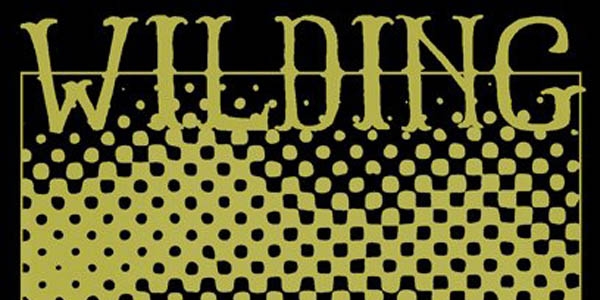Fair says the play offers a real something pout of the ordinary for the cast. “The best thing about the play is that all the characters have real hearts, and are vulnerable, from the page to the stage. It’s a beautiful play; the dialogue is sharp, it’s fast-paced, sexy and funny, like a surreal fable. It’s naturalistic on a meta-level, a really airy tale that is dark and funny; we love dark and funny!” These are the sorts of qualities that Red Stitch Actors Theatre looks for in scripts as what to stage each season is an ensemble-driven decision. ”Red Stitch chooses progressive plays that are character driven, that’s our definite bias,” notes Fair.
Fair is enjoying wrapping herself up in a character so different from herself. “There’s something about Sharon, she’s positive, she sees the beauty in things, and she’s open to experience. Sharon has her heart on her sleeve; she expresses herself all the time.” Fair can see similarities between Sharon and another character she recently played. “I’m aware of the similarities with Rose from The Flick. Sharon has that dark grungy quality like Rose but she’s very upbeat, which is the polar opposite to Rose, who was riddled with projected insecurities. The challenge with playing Sharon is that she has a drug history – that’s not what the play’s about, it’s a way of making Sharon and Kenny from completely different worlds to Ben and Mary, and it’s not really in the text, but it does define her. Sharon used to have a heroin addiction and has cravings.” How did Fair get into the right frame of mind and body to portray someone containing that sort of intense physical and emotional experience? “I did a lot of research into people recovering from drug addictions,” she answers. “My aunty works in drug and alcohol rehab. Some people have long term damage from their addictions. You can read in the body and voice of someone who’s been through it – they can have a shallowness of breath and a lack of voice projection, which can be hard for an actor. You have to make those decisions.”
“One of the challenges for the cast is in understanding the comedic elements in the play and how balance the lighter and darker moments,” Fair says. How do they get that right? “Truth always comes before the joke. I love that Detroit is a comedy, and it’s ethical and gutsy as well.” Where does the comedy happen? “In how Sharon and Kenny begin to expose themselves, when their true selves come out. Sharon and Kenny reveal themselves as ex-addicts early on to Mary and Ben; when they start to relax it’s clear they’re from another world. Mary and Ben are uptight and conventional and they have to deal with that, have to decide whether they’re going to accept these people, They’re all trying to get along. They are sweet people; there are these beautiful little kernels of gold. You recognise them; they are all people you know. The neighbourly stuff is funny, it’s a great premise. Detroit asks us about our need to assimilate and asks what would it be like for us to really see each other? Society stops us connecting. What would happen if we really connected? And what do we truly want in life? It also looks at public space versus private space. How we inhabit the various spaces, how those spaces collide, and what happens when you let strangers into your private space. This isn’t something I’ve really seen before.”
The cast are playing the play as it’s written, with US characters set in a US city. Were they tempted to ‘translate’ Detroit into Australian? “We talked about setting it in Australia,” Fair answers. “There are technical difficulties because of the accent, with speech patterns, as well as with references, and the setting. Speech patterns affect body language, which changes character. The play could be set in any city in the mid-west.so we use a general US accent. You’d have to get a dramaturg to rework it, to be true to the writer and that’s a lot more than our budget can manage. People say they’d connect more if it was done in Australia. It would be a different play if you made it Australian. But it would be fun.”
BY LIZA DEZFOULI

